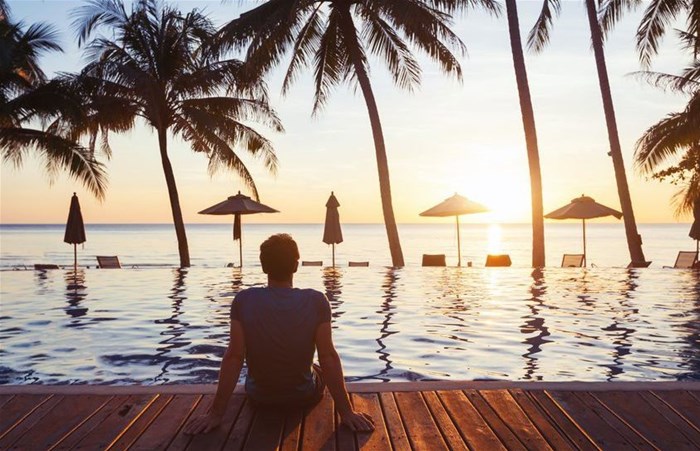Twenty-twenty was an extremely challenging year which forced brands to rethink the way in which they conducted business and engage with their target audience. Remaining agile and ahead of the curve of new travel trends while understanding consumer behaviour is vital for brand survival in any industry but even more so for brands operating in hospitality.
As expected, traveller behaviour in 2020 changed drastically from the way in which travellers prefer to travel to how working professionals now seek additional space away from the office or their homes to remain productive.
Here are eight hospitality trends to look out for in 2021:
1. Mobile mindset: The pandemic has accelerated the pre-pandemic trend of digitalisation in the travel sector. Digital platforms, which have long been the preferred source of content and commerce for Millennials and Gen-Z, will increasingly become a source of both inspiration and sales embraced by all generations.
Properties have already begun to roll-out of digital technologies to enhance the customer experience including mobile check-in and check-out, mobile room keys, etc.
2. Thoughtful luxury: With travel and holidays being restricted for most of 2020, luxury travellers will want to focus their travel plans and funds onto more thoughtful, sustainable travel – a less flashy, low key form of affluence. We will see an interest in luxury travel experiences that are 'special' and offer unique experiences, privacy, well-being and the chance to re-connect with family rather than more conspicuous forms of luxury holidays.
Drive-to destination travel is up significantly as people choose locations that are reachable without getting on a plane, where the journey itself becomes part of the experience.
We see this trend in the region as South Africa is known as a classic big-sky country, ideal for an ultimate road trip experience. Just one day on the road in South Africa takes travellers through breath-taking mountains and valleys to world-class beaches or bushveld.
3. Living in the moment: These last months have taught us all that life can change unexpectedly in a very short space of time, and our freedom and ability to travel, which we all took for granted, can be restricted in ways we never imagined possible.
This summer in the brief window where people could travel again, we saw a significant increase in last minute, spontaneous travel plans. People were booking the day before a trip – and then extending their stay once at the hotel. We also saw people treating themselves to a suite or an upgrade as why not? This is something that will continue – people are craving a sense of adventure, excitement, indulgence - and a change of scenery after being stuck at home for months.
4. Apartment booking: Consumers are looking to book apartment type/self-catering room categories within hotels to provide additional freedom and independence. Booking larger apartment type rooms allow for families to travel together bringing with them a sense of home living.
5. Remote working: The region is seeing a trend where customers are looking for a third space to work and be productive, especially now that remote working is becoming the new norm.
Working from home while schools remain closed is a challenge, and therefore we are seeing the trend whereby customers are opting to use hotel spaces as places to work.
6. Trust in travel: Travel brands that are trusted will thrive as consumers recover from the impact of the pandemic. In times of crisis and uncertainty, consumers buy from brands who they trust.
Consumers will have higher expectations of their travel experiences – the quality of the travel experience will be more critical than ever. Our guests have a heightened awareness of hygiene and this won’t disappear. Cleanliness will remain fundamental to the customer experience.
7. Recognition: Travel booking has become a much bigger decision – with more elements to consider and more expectations on the experience itself after a period of very limited or no travel. Consumers will be looking for the maximum value – both in monetary terms but also in terms of the experience for them – what they get out of a holiday personally.
8. Business travel: While the pandemic has sparked the rise of video calls, webinars and digital meetings, it can never replace the need for face to face. People crave connections and collaborate better when they are together. While large corporates may be slower to resume travel, smaller and medium-sized enterprises are desperate to get back to business.
Over the next five years, we will see business travel resume, but we’ll also see the evolution of business travel with hybrid events, where elements of the event take place in person, and others take place digitally.

















































